Dec 27, (V7N) - South Korea's political instability deepened on Friday as acting president Han Duck-soo faced an impeachment vote in parliament, less than a month after taking over from suspended President Yoon Suk Yeol. The unprecedented move comes amidst a bitter standoff over judicial appointments and lingering fallout from Yoon's controversial martial law declaration on December 3.
President Yoon Suk Yeol's imposition of martial law earlier this month shocked the nation and prompted an impeachment vote in parliament, suspending him from office. Han, who serves as prime minister, stepped in as acting president. However, opposition lawmakers accuse Han of obstructing efforts to complete Yoon's impeachment process and bring those involved in the martial law declaration to justice.
The impeachment motion, led by the Democratic Party, alleges that Han:
- Refused to approve the appointment of three judges to the Constitutional Court.
- Intentionally avoided initiating a special investigation into the martial law declaration.
- Violated his duty to uphold the law and serve the public interest.
If successful, this would mark the first time South Korea has impeached an acting president. Finance Minister Choi Sang-mok would then assume the role of acting president.
The crux of the dispute lies in the composition of the Constitutional Court, which will decide whether to uphold parliament's impeachment of Yoon. The nine-member court currently has only six judges, the minimum required to proceed. However, even one dissenting vote would reinstate Yoon.
The opposition is demanding Han certify three additional judges to restore the court's full capacity, a move he has resisted without bipartisan agreement.
Democratic Party lawmaker Jo Seoung-lae accused Han of revealing his "true colours" by refusing to appoint the judges, calling it a "direct challenge to the Constitution and the law." The party has vowed to impeach Han to "restore constitutional order and stabilise state affairs."
Han defended his decision, emphasizing the need for a bipartisan consensus in the National Assembly to avoid unilateral exercise of presidential powers.
The ongoing political crisis threatens to destabilize South Korea’s governance at a critical time. If the impeachment proceeds, it will further undermine confidence in the country's leadership. With the Constitutional Court's decision on Yoon's impeachment still pending, the nation faces an uncertain future, with both domestic and international implications for its political stability.
This marks an extraordinary moment in South Korea’s democratic history, with back-to-back impeachments of heads of state exposing deep divisions within its political system.
END/WD/RH/



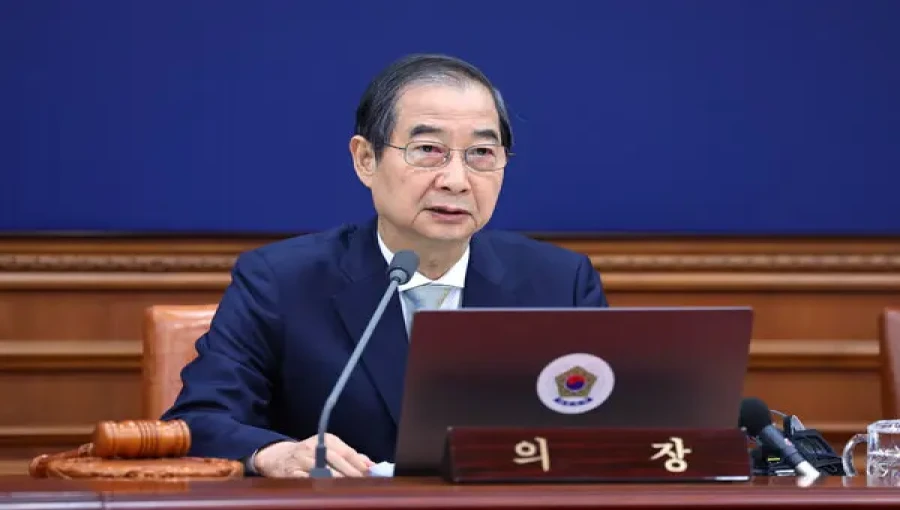
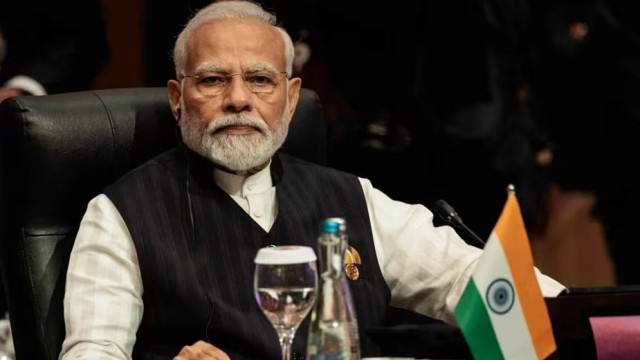
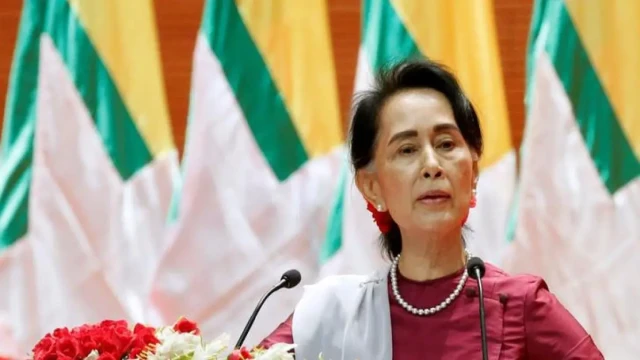
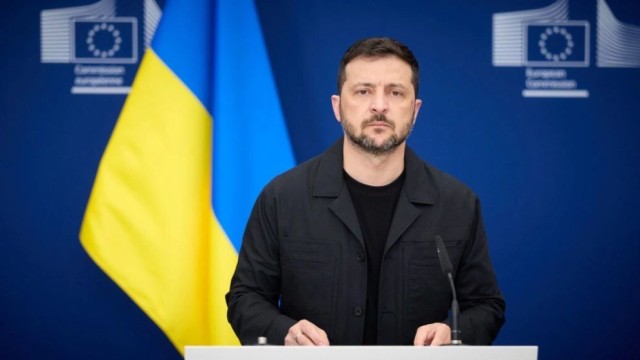
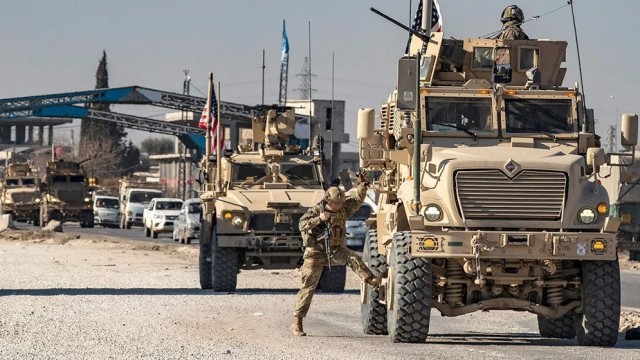
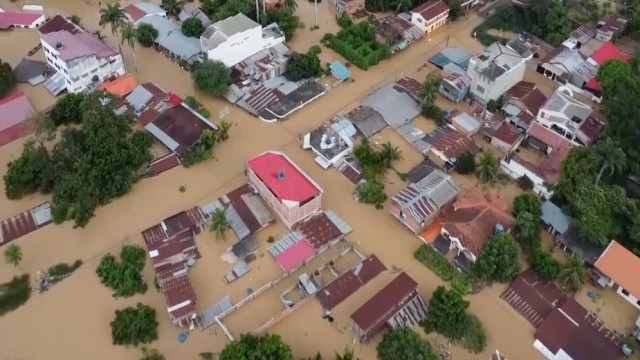
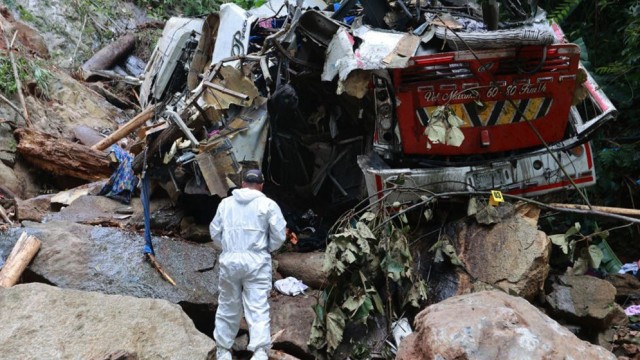


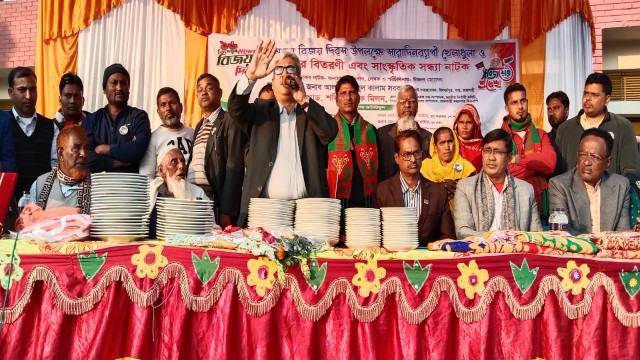
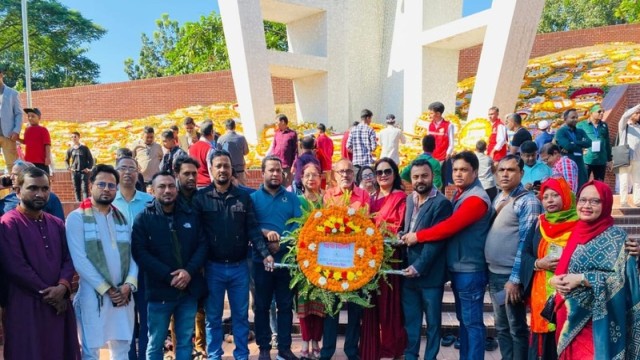


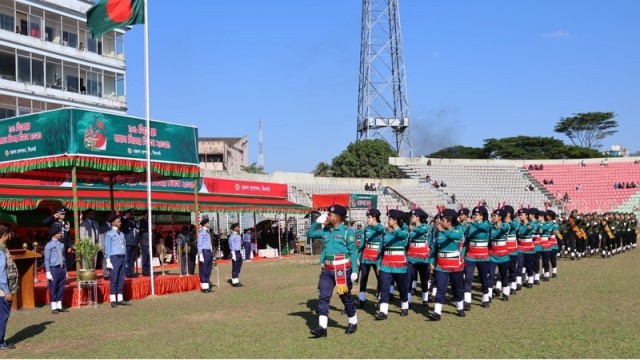


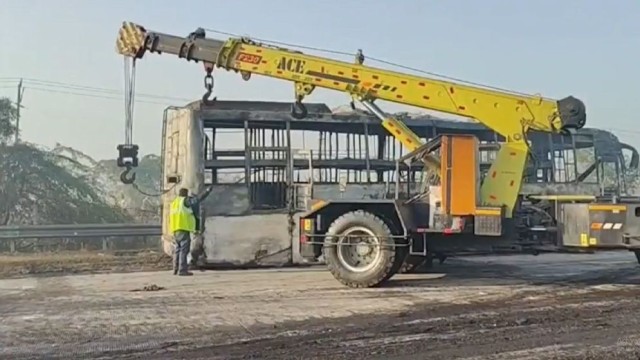

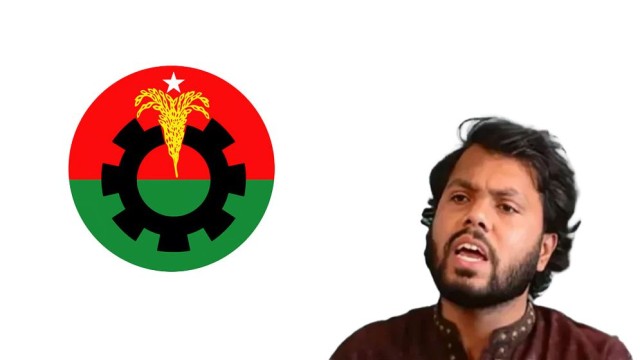
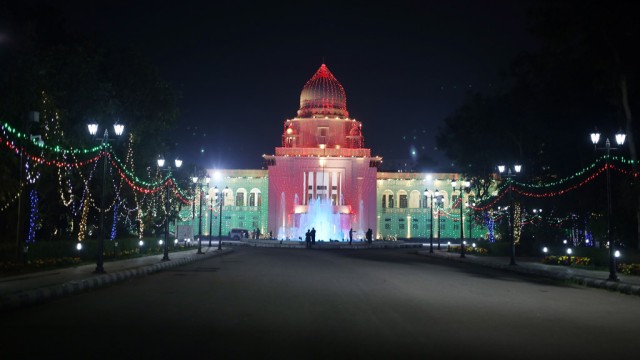
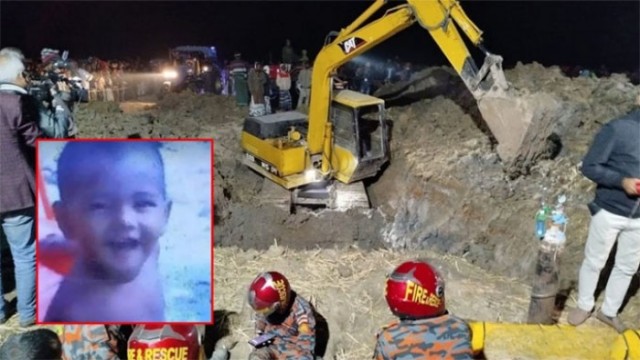
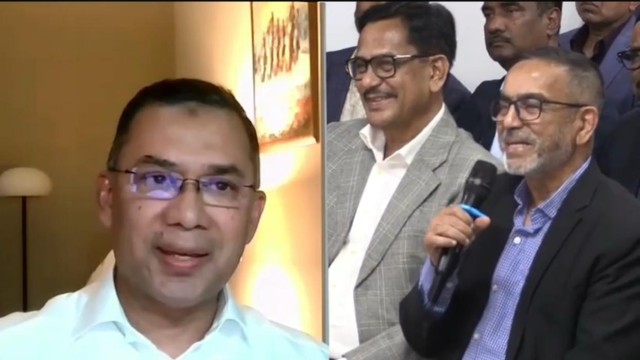
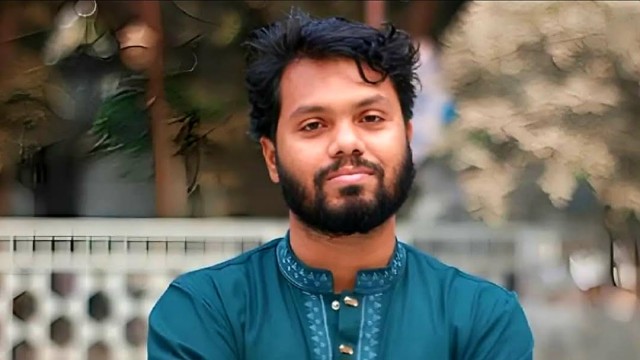
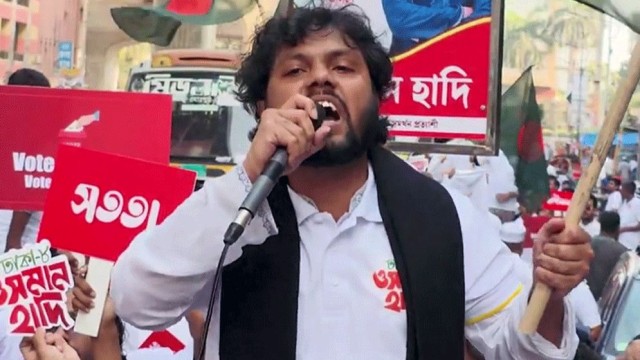
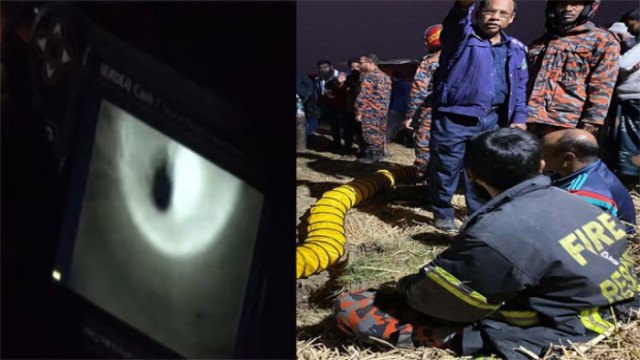
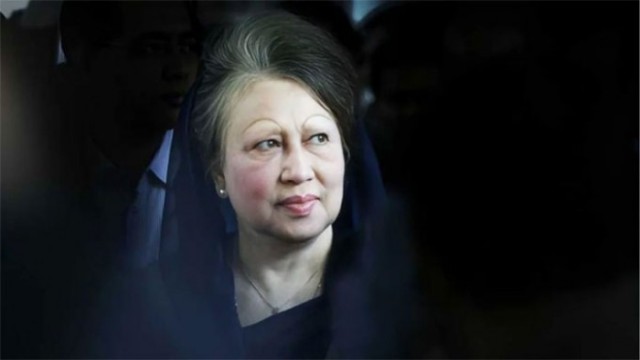
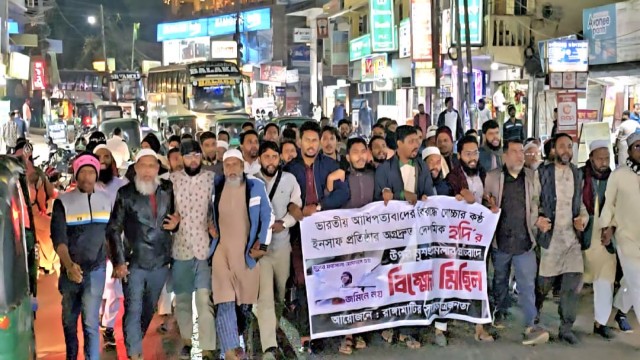
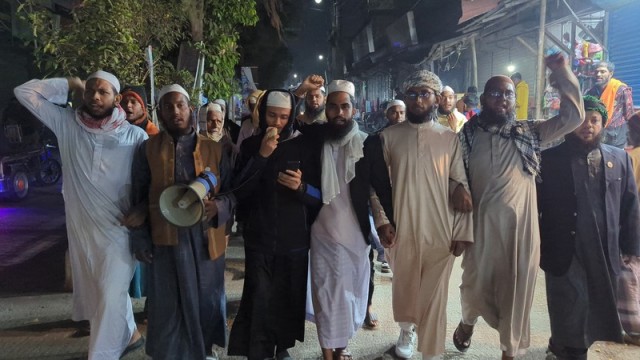
Comment: